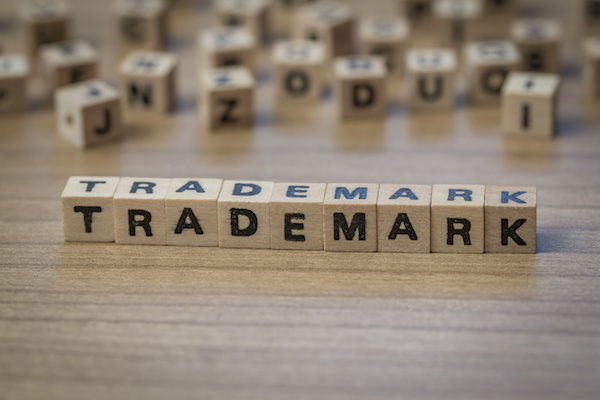
There has been surge in UK trade mark applications over the last 12 months after a separate British regime was introduced following the country’s departure from the EU.
UK businesses could previously apply for a single EU trade mark to protect their assets in both the UK and EU.
However, since the end of the transition period following Brexit on 1 January 2021, EU trade marks have no longer protected assets in the UK market, after the UK introduced its own rules and application process.
Firms have therefore had to file for separate UK and EU trade marks to secure continued pan-European protection.
Hike
According to data from law firm Mathys & Squire, reported in City AM, applications for UK trade marks have gone up by 54% over the last year from 127,000 in 2020 to 195,000.
Waiting times for applications have also increased from a period of weeks to a longer three-to-four-month period.
“Businesses from around the world have been forced to spend much more time and money on protecting their intellectual property separately in the UK,” said Gary Johnston, partner and co-head of trade marks at Mathys & Squire.
Clone
According to law firm Gowling WLG, EU trade marks (EUTMs) registered by 31 December 2020 were automatically cloned into the new UK system.
For example, a business’ eight-digit EUTM number (e.g. 000000977) was recreated in the UK’s new post-Brexit regime with the prefix UK009 (e.g. UK00900000977).
According to gov.uk advice issued before 1 January 2021: “Each new UK right will be treated as if applied for and registered under UK law, and may be challenged, assigned, licensed or renewed separately from the original international registration.”
Renewal fee
At the first renewal date to occur after 1 January 2021, companies have had to pay a renewal fee to preserve their registration in the UK.
The government says it has been issuing reminders to companies to renew their new UK trade marks in advance of their expiry dates.
Firms have also had to pay a separate fee in the EU to stay on the bloc’s own trade mark register.
Recruit
City AM reports that the Intellectual Property Office in the UK has had to recruit an additional 100 staff to deal with the surge in applications.
Johnston from Mathys & Squire says IP firms like his can expect an increase in activity as a result of the new arrangement.
“This huge volume of filings is unlikely to go away,” he said. “Now we have left the European trade mark regime, this is the level of activity we can expect in the future”.



